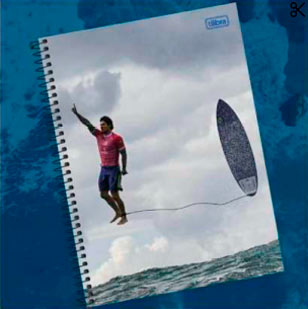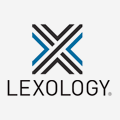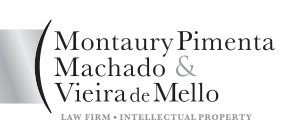This weekend marked the 40th anniversary edition ofRock in Rio, recognized as one ofthe world's largest music festivals, which expects to attract around 700,000 people over its seven-day run.
Large events such as Rock in Rio provide a highly visible platform for brands, leveraged especially by the licensing of official products, involving the granting of rights for companies sponsoring and associated with the event to use a recognized brand, adding value to their products and services, in addition to enhancing the presence ofthese brands at the event among the event's audience.
ln Rock in Rio's case, it is estimated that at least 25 brands, including iFood, C&A, Chilli Beans, Coca-Cola, Colgate, Havaianas, KitKat, Lupo, Natura, Trident, Volkswagen and others, will associate their products and services to the festival, through official licensing. By having intemationalized the festival, with editions in Europe and the United States, presence at the festival can serve as a gateway for new consumers, both in Brazil and intemationally, for these brands.
Although brand licensing is a well-established market intemationally, it is still little explored in Brazil. According to data from industry associations, the global licensing market generates more than 300 billion dollars annually, yet Brazil is still underutilized in this segment. According to industry experts, there is a misperception that licensing is only for large global brands, ignoring opportunities for national brands. Furthermore, a false understanding that licensing is an occasional and opportune business only while the event is in the media, and not as a long-term strategy. This thinking has changed over the years, especially when brands continue to activate products post-event, through advertising on social media, for example.
A recent example oflicensing's relevance is the famous photo of surfer Gabriel Medina, captured during the Paris 2024 Olympics. This image, which circulated globally, is now printed on products, such as school notebooks, via licensing of the respective rights, demonstrating the commercial impact and the monetization potential that proper management of intellectual property rights can bring to brands.

Brands that opt for licensing at major events gain a significant competitive advantage in the Brazilian market, building greater client loyalty. Both the public present, as well as television and internet viewers, internet with the licensees' products and services, reinforcing the brand's positioning, associating it with a memorable experience. ln the case of Rock in Rio, sectors such as technology, sustainability and entertainment have great potential for growth in licensing, especially given the festival's appeal to a young, tech-savvy audience.
Another relevant example in licensing is that of the major American sports leagues, such as the NFL, for American football, and the NBA, for basketball. These leagues use the licensing of their brands and intellectual properties to generate billions of dollars annually, allowing official products such as clothing, accessories, video games and others to be marketed with their visual identities and trademarks. The success of this business model is driven by the popularity of the teams and athletes, creating strong global demand for licensed products. This type of licensing not only generates direct revenue, but also strengthens fan loyalty and expands the brands' presence globally. So much so that, the recent NFL first ever game in São Paulo last August offered Brazilian brands an opportunity to associate themselves with the world's most profitable sports league, showcasing the global reach and financial benefits of strategic licensing.





